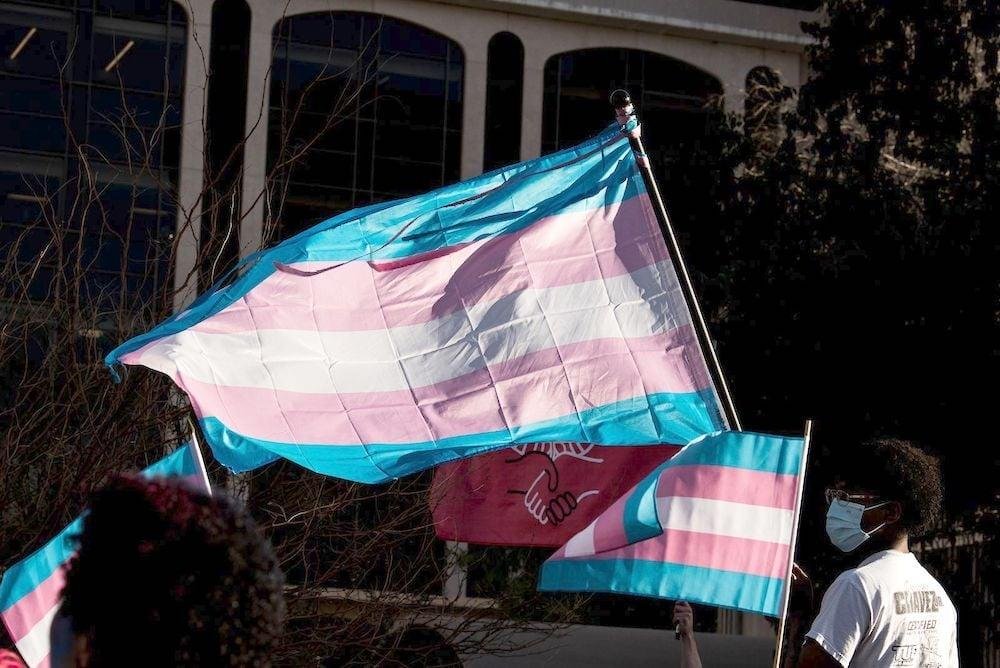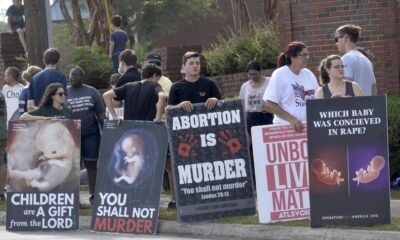arizona
Surge in Anti-LGBTQ+ Hate Crimes in Arizona Sparks Outcry Over Lacking Legal Protections

In 2023, the murders of Bernardo Pantaleon and Osvaldo Hernandez Castillo cast a shadow over the Arizona LGBTQ+ community. Accused killer Leonardo Santiago, initially apprehended for Pantaleon’s death, later confessed to both murders. Reports indicate he made homophobic statements online prior to Pantaleon’s death, claiming an “unwanted advance” triggered his actions. Investigators found evidence suggesting a pre-existing sexual relationship between Santiago and Castillo, complicating the narrative.
Despite these circumstances, Arizona law does not categorize the case as a hate crime. Instead, prosecutors are limited to adding a hate crime enhancement to sentencing, which is entirely optional. Pantaleon’s family advocates for recognition of the crime as a hate-motivated act, but the Maricopa County Attorney’s Office has yet to take action.
Arizona lacks a standalone hate crime statute, relying instead on enhancements that apply only after a felony conviction. According to Inspector Charlee McDermott from the Phoenix Police Department’s Bias Crimes Unit, this limitation means that even overt bias may not significantly alter sentencing outcomes.
Cathryn Oakley, Senior Director for Legal Policy at the Human Rights Campaign, emphasizes the broader implications of such legislation: it aims to affirm protection for marginalized communities against bias-induced violence. However, Arizona’s law contains significant gaps; while “sexual orientation” is recognized for enhancements, “gender identity” is not, leaving nonbinary and gender-fluid individuals without specific protections.
At the federal level, while the Matthew Shepard and James Byrd Jr. Hate Crimes Prevention Act could apply to Pantaleon’s case, the possibility of federal charges appears uncertain, especially under the direction of attorneys with histories of anti-LGBTQ+ rhetoric.
Additionally, Arizona allows the “Gay or Trans Panic Defense,” a legal tactic used to argue that a victim’s sexual orientation provoked violent reactions. Santiago reportedly intends to employ this defense during his trial. Joe Larios, Organizing Director at Mass Liberation AZ, highlights the systemic issues underpinning hate crime legislation, arguing that the laws alone do not offer adequate deterrents.
Navigating hate crime statistics in Arizona presents challenges. In 2023, the Phoenix Police Department recorded 20 bias-motivated crimes against LGBTQ+ individuals, with a significant undercounting of actual incidents due to legal ambiguities. Statewide, around 223 hate crimes were reported, reflecting a minor increase over the previous year, yet many cases remain unreported.
Arizona’s current hate crime landscape reflects broader political resistance to progressive reforms. Advocates argue that current legislation fails to recognize the unique threat bias-motivated crimes pose to entire communities, perpetuating fear and ineffectiveness in enforcement. As discussions around hate crime laws evolve, demands for comprehensive protection and better reporting mechanisms persist.
While advocacy groups are working toward reform, the state’s legal framework offers limited hope for a fair resolution. The disparities within Arizona’s hate crime laws remind us that without addressing the deep-rooted issues of homophobia and systemic injustice, true safety and justice for marginalized communities remain a distant goal.

















